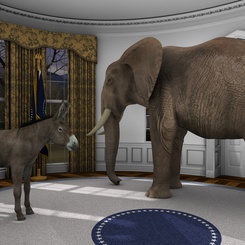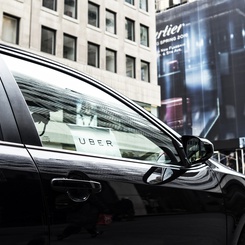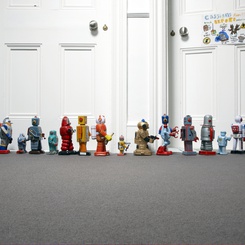Uber is just one of the many firms who have shaped today’s sharing economy and changed the way we think about products and services. In the wake of its success, to “uberize” has come to mean introducing a new and different way of buying or using a product or service. In fact, Professor Xavier Pavie argues the accessing of services, rather than ownership of products, has become the new center our our economy.
Uberisation, explained in 3 minutes by Professor Xavier Pavie
“Uberization” is a term that first gained popularity in France. It describes how we are moving towards an economy based on services rather than a so-called production economy. What this means is that our business models are changing, and at the same time we’re going through sociological changes. What are these sociological changes?
Take for example a 20-25 year-old student. Twenty years ago, in the 80s or 90s, this student would have wanted to buy a car to go to Deauville for the weekend, go on vacation or just a drive. If we transpose this situation to today, this student would not buy a car but would rather just like to use one occasionally. We call this "servitization", that is, products are designed to provide a service.
The same is true for a hotel room owned by a real estate group. Does the latter need to own the room, or can it merely make said room available? Such is the case with Airbnb, whose aim was not to own rooms but to make them available. Finally, we can also mention transportation again, with the electric car which today is rented and subject to non-sale contracts for use.
What we call "servitization" or “uberization” allows anyone to be a provider of services. Today everybody can rent-out a car, make a room available in their apartment, or contribute to a Wikipedia article. Everyone has access to online platforms where one can watch, download or upload videos. “Servitization" and the sharing economy are changing our relationship to ownership. Products today are all about the service they provide.









